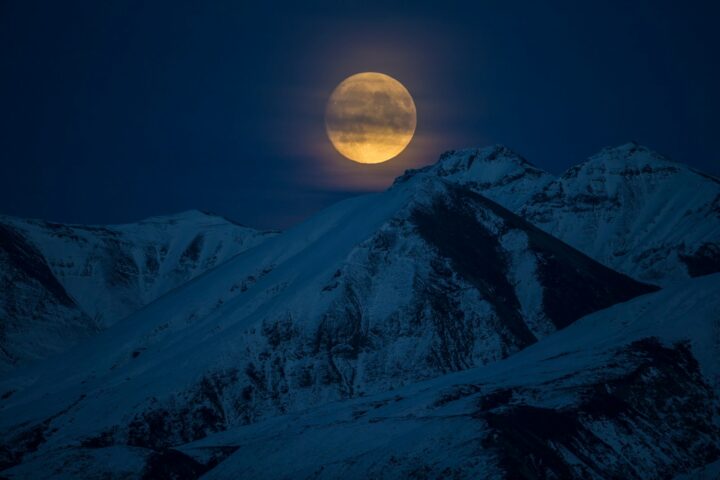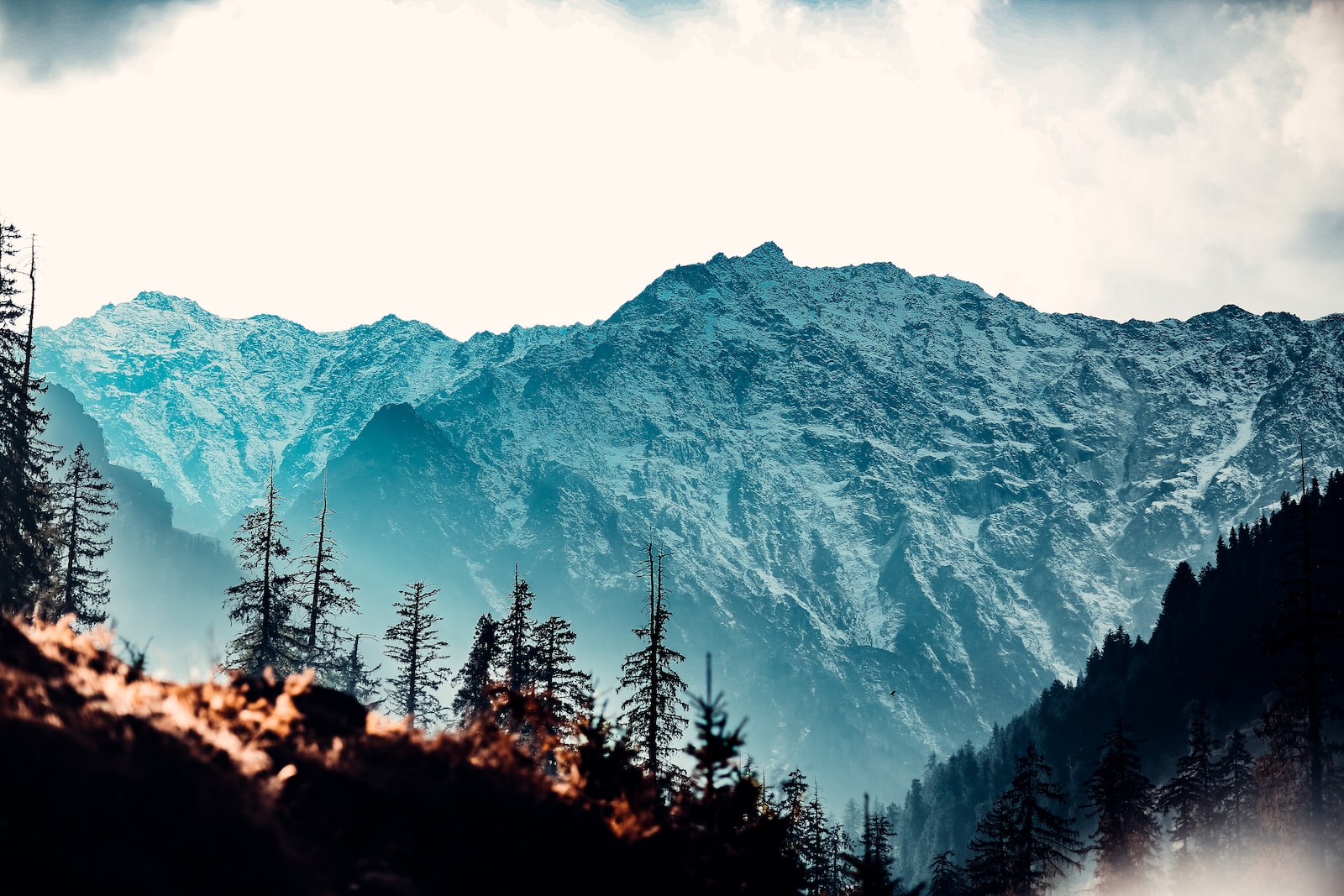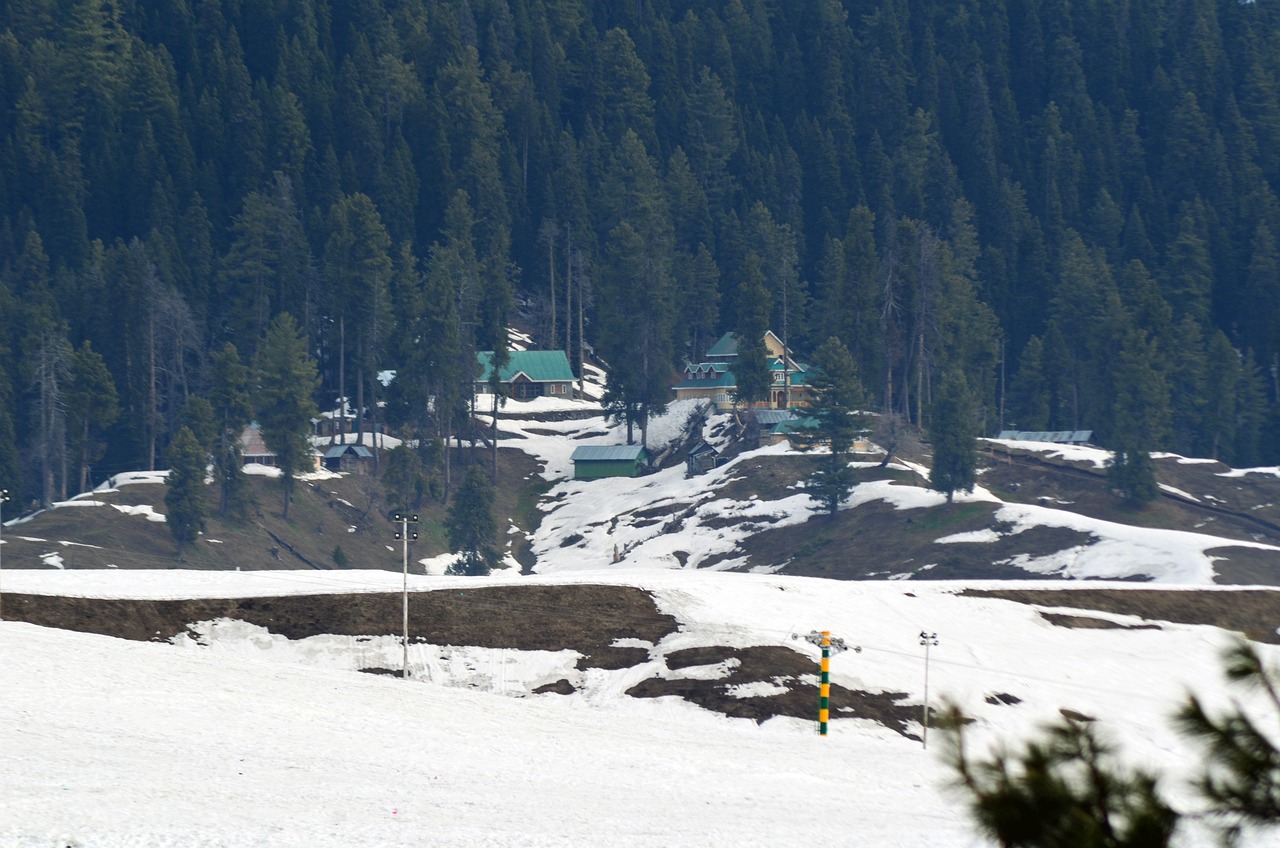|
Getting your Trinity Audio player ready... |
Jammu and Kashmir, a region located in the northernmost part of India, is not immune to the threat of global warming. While it is known for its breathtaking landscapes, including the picturesque Himalayan mountain ranges and beautiful valleys, the effects of climate change pose significant challenges to the region’s environment, economy, and the well-being of its inhabitants.One of the primary concerns in Jammu and Kashmir is the rapidly melting glaciers in the Himalayas.
Glaciers serve as a vital source of freshwater for the region, and their meltwater sustains rivers and streams that contribute to agriculture, hydropower generation, and overall water security. However, rising temperatures have accelerated the rate of glacial retreat, leading to a decrease in water availability during the dry season and an increased risk of flash floods during the monsoon season.
These changes in water availability and flow patterns have severe implications for agriculture, biodiversity, and the overall ecological balance.The agricultural sector, which forms a significant part of Jammu and Kashmir’s economy, is highly vulnerable to the impacts of global warming. Changes in temperature and precipitation patterns can disrupt traditional farming practices and result in reduced crop yields. Shifts in the timing and duration of seasons can lead to crop failures, affecting the livelihoods of farmers and exacerbating food insecurity in the region.
Additionally, the warming climate creates favorable conditions for the spread of pests and diseases, further jeopardizing agricultural productivity.The impact of global warming is not limited to the natural environment and agriculture alone. The tourism industry, which is a major contributor to the region’s economy, is also at risk. Jammu and Kashmir attract tourists from around the world due to its natural beauty, adventure sports, and cultural heritage. However, rising temperatures can affect snowfall patterns, reducing the availability of winter sports activities such as skiing.
Moreover, the changing climate can disrupt ecosystems, affecting wildlife and biodiversity, which are essential attractions for nature enthusiasts. These changes in tourism patterns can lead to economic losses, job insecurity, and social challenges for the local population.Another concerning aspect of global warming in Jammu and Kashmir is the increased frequency and intensity of extreme weather events. The region has witnessed a rise in heatwaves, erratic rainfall, and intense storms in recent years. These events can result in damage to infrastructure, including roads, bridges, and buildings, leading to economic losses and hindrances in transportation and communication networks.
Furthermore, the vulnerability of communities to such disasters is amplified by the rugged terrain and limited access to resources and services, making it even more challenging to cope with and recover from such events.Addressing the threat of global warming in Jammu and Kashmir requires a comprehensive approach. It involves not only reducing greenhouse gas emissions on a global scale but also implementing adaptive measures at the local level. These measures may include the development of climate-resilient infrastructure, sustainable agricultural practices, and the promotion of renewable energy sources.
Additionally, raising awareness among the local population about climate change and its impacts can foster a sense of responsibility and encourage individual and collective actions to mitigate its effects.
In conclusion,
the threat of global warming in Jammu and Kashmir is a pressing concern that requires immediate attention. The region’s unique ecological characteristics and socio-economic vulnerabilities make it particularly susceptible to the adverse impacts of climate change. By taking proactive measures to mitigate and adapt to the changing climate, Jammu and Kashmir can work towards ensuring a sustainable and resilient future for its environment, economy, and communities.
Report by Danish Hussain Shah.
CEO- J&K Weather













